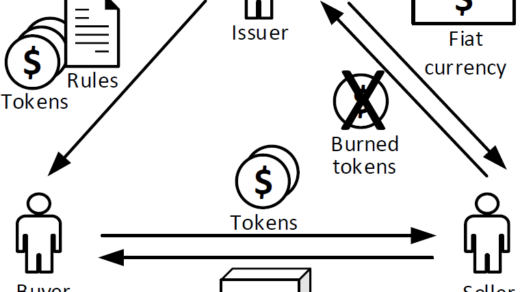The dust is slowly settling down on the recent Luna crash, but the backlash seems far from over. The Terra community recently approved a proposal by CEO Do Kwon to launch Terra 2.0 (Phoenix-1), via a hard fork from the former blockchain. This action seems inspired by the hard fork that led to Ethereum diverging from the old chain after the infamous DAO hack of 2016. However, this fork seems nothing like the Ethereum one, and the community is more divided than ever regarding who should be prioritized on allocations of the new drop.
The proposal details a plan for the reimbursement of LUNA token holders, applying a screenshot of ownership before the UST de-pegging event. LUNA holders were supposed to be airdropped tokens to restore them to their previous value. However, not all the tokens would be issued upfront, instead following a vesting schedule after receiving a small fraction upfront. Many users have complained that they have received less than expected, with some getting no tokens at all thus far.
Besides the airdrop debacle, there are serious issues arising, proving the lack of transparency and accountability by those responsible at Luna:
Do Kwon apparently shut down Terraform Labs (a subsidiary of the main entity registered in Singapore) a few days before the de-pegging event, and dissolved the company officially.
Mirror Protocol, a synthetic derivatives platform on the Terra network, had apparently been the subject of an ongoing hack worth $88 M on its smart contract last year when developers uploaded buggy code that allowed bad actors to take out loans on the cheap. The development team discovered the flaw, fixed it silently, and shipped the patch, without informing users of what had happened (The SEC has stepped in and is investigating this. Yikes!).
Terra allegedly created a separate legal entity called Kernel Labs, an under-the-radar company based in Korea, and the CEO received $4.8 M last year from Terra Labs for “Blockchain consultancy services”. This transaction was flagged by the tax authorities. It turns out that the entity was registered by Do Kwon.
South Korea’s top financial regulators, the Financial Services Commission (FSC) and the Financial Supervisory Service (FSS) have now requested data on the transactions, amounts of investment, and countermeasures employed by local exchange operators to forestall the LUNA crash.
The entire Terraform Labs team, which was based in South Korea, has also been summoned, with prosecutors paying attention to whether or not the officials, including Do Kwon, knew but willfully neglected Luna’s design flaws, whether the currency went through a valid listing review process, and whether there was intentional price manipulation.
Further, it also appears that Do Kwon and a small team of validators on the Terra network had a meeting, and they knew that they were going to halt block production on the Terra network hours in advance, without sharing this information to retail investors. Instead, he kept assuring people that the situation was under control through his Twitter handle, prompting prospective arbitrageurs to jump in on the coin, right before the death spiral.
As the drama unfolds, what is likely to be the future of Luna 2.0? The arc of the moral universe is long, but this time, it better bend towards the many LUNA bag holders who got rekt.
Norman Gabula Commercial & Tech Lawyer | Crypto, Blockchain & Decentralized Finance and Consultant Sheria Online.




